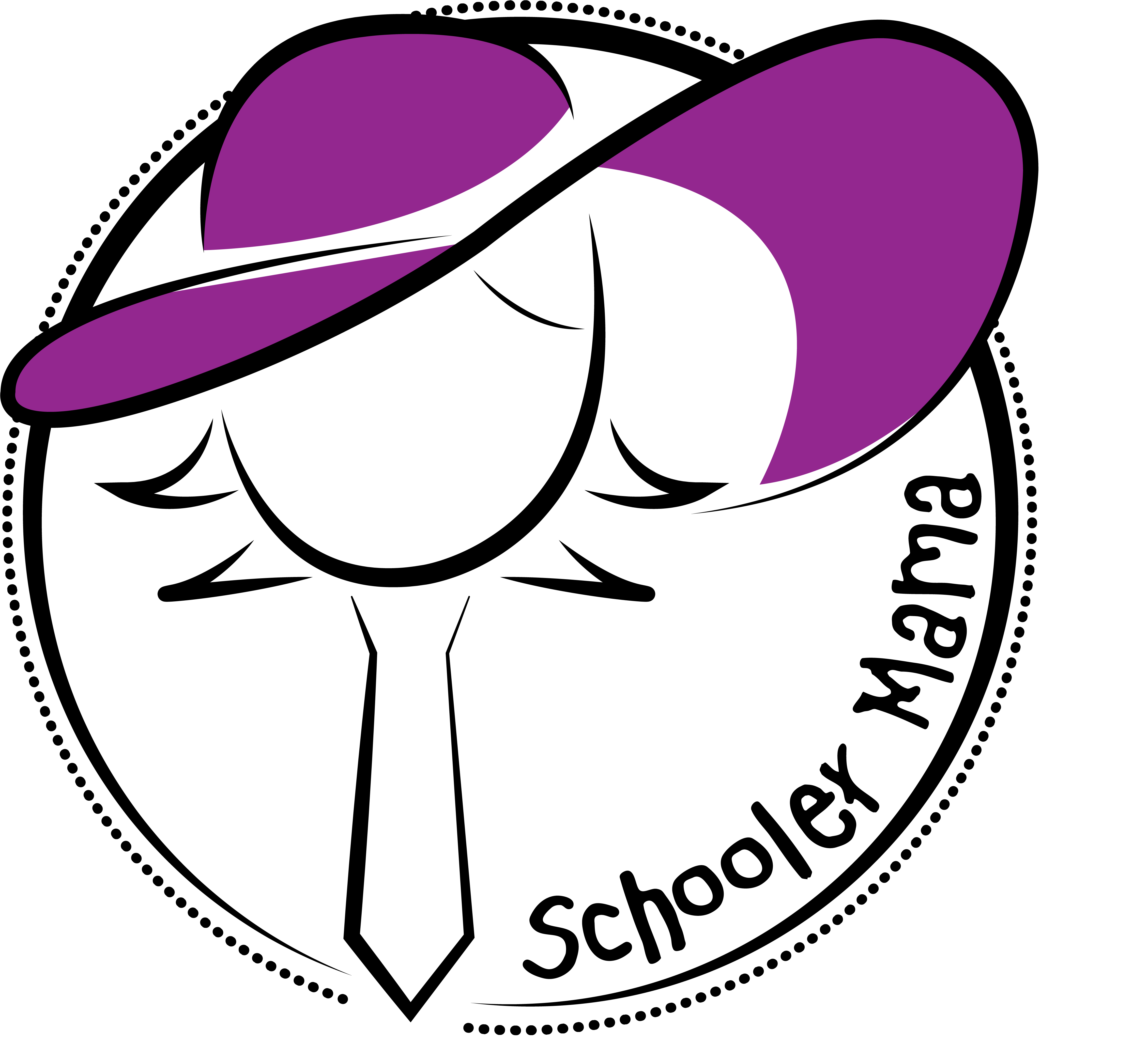
Homeschooling Styles
Homeschoolers often classify themselves under different methods, and if you are new to the whole idea of homeschooling you might be confused by some of the terms you will hear (school at home/textbook-oriented, classical homeschooling, eclectic or relaxed homeschooling, online or virtual school, unit studies, or unschooling).
There are endless ways to homeschool, as well as countless reasons to do so. There definitely aren’t any typical homeschool families. Unless "different" counts as "typical."
There are several popular homeschool styles. Many families opt for eclectic homeschooling, which is a fancy way of saying they cobble together parts of several styles that work for their family. Families who homeschool for more than a couple of years will often work their way through several of these methods.
School at Home
School-At-Home: They use a full curriculum, typically purchased from one of the many companies that cater to homeschool families, or sometimes as part of an online program, either through a public school (more on this below) or privately purchased. Most common today are those moving to computer-based curricula, but most still rely on textbooks for at least one subject. They may schedule one day a week or month as field trip day or park day, but they're pretty committed to their schedule, and have a plan for what they want the kids to learn and get through during the school year.
Online (or Virtual) Public School
These students are not homeschoolers in the legal sense because they are enrolled in a public school. I’m including it here because a growing number of families in the homeschool community are part of the virtual public-school system. They want the freedom of having their kids at home but want or need the oversight and accreditation provided by a state-run school. Instruction takes place in the home, either through computer lessons or via textbooks, typically a combination of both. Lessons may be completely online and somewhat self-paced or taught by a teacher through Skype or a similar method.
Relaxed
Relaxed or eclectic homeschoolers tend to worry less about schedules and milestones. They may still use packaged or computer-based curriculum, but usually for only one or two subjects, and they may not be as concerned about working on every subject every day.
Khan Academy is a pretty good one-stop shop for relaxed homeschoolers. The focus is on math, but they have added science and history videos. Best of all, it's free!
Unschooling
Unschooling is an informal learning that advocates learner-chosen activities as a primary means for learning. Unschooling students learn through their natural life experiences including play, household responsibilities, personal interests and curiosity, internships and work experience, travel, books, elective classes, family, mentors, and social interaction. Unschooling encourages exploration of activities initiated by the children themselves, believing that the more personal learning is, the more meaningful, well-understood and therefore useful it is to the child. Unschooling operates on the premise that we are naturally curious, and children don’t have to be forced to learn. They learn all day, every day, and if we allow them to follow their interests, there is a never-ending web of knowledge out there just waiting for them.




